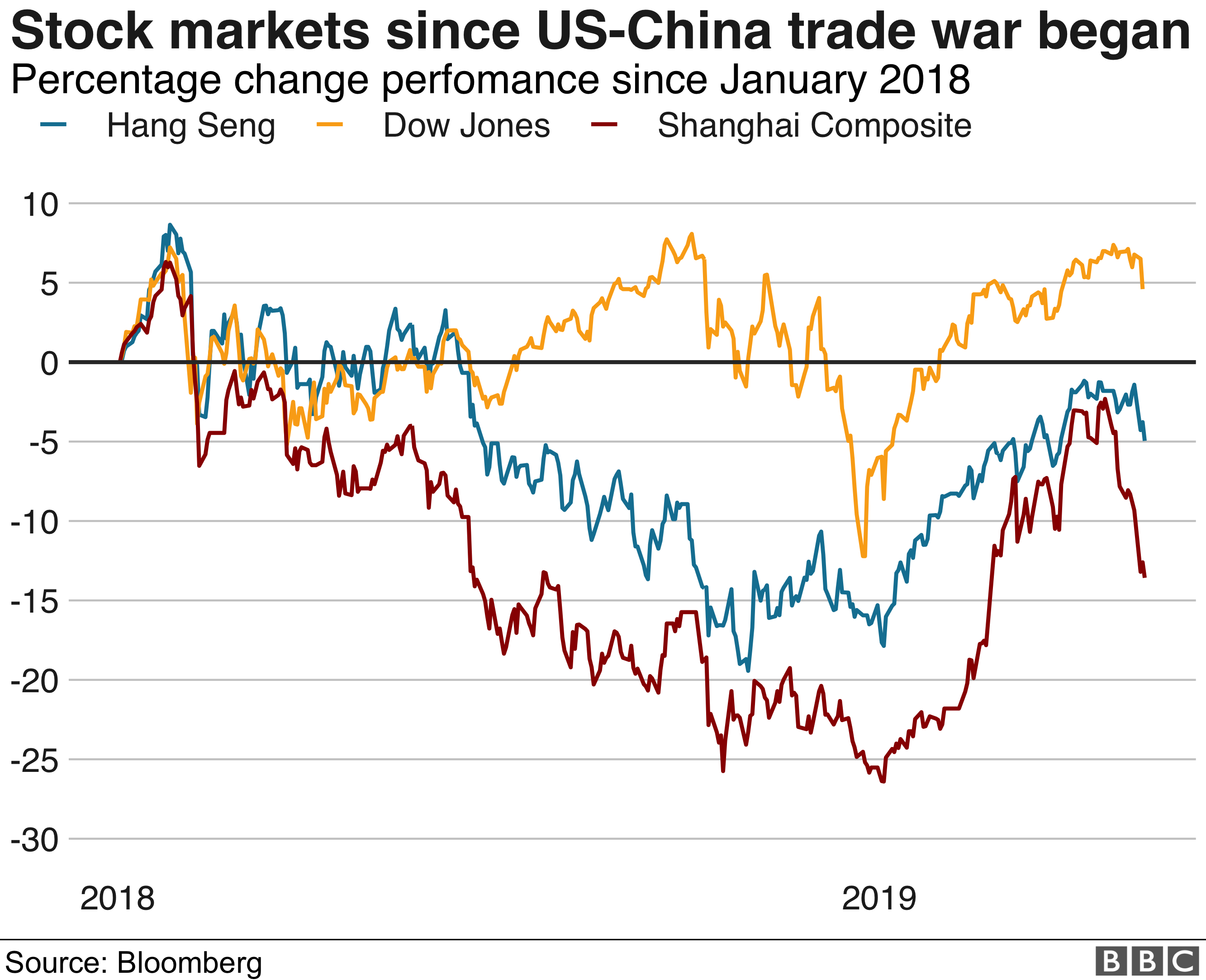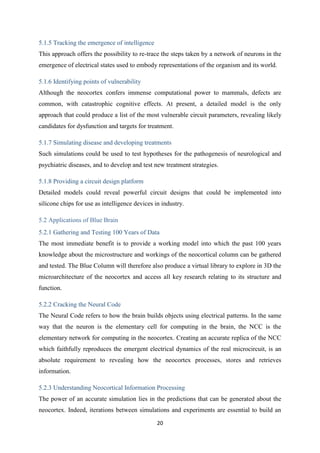Is A Google Breakup Inevitable? Examining The Antitrust Arguments

Table of Contents
The Case for a Google Breakup: Excessive Market Power
The central argument for breaking up Google rests on its undeniable and arguably excessive market power across several crucial digital sectors. This dominance raises serious concerns about stifled competition and innovation.
Dominance in Search, Advertising, and Android
Google's market share is staggering. In search, Google commands over 90% of the global market, dwarfing its competitors. This dominance translates directly into its advertising revenue, where Google's search ads and display ads control a significant portion of the digital advertising pie. Similarly, Android, Google's mobile operating system, powers billions of smartphones globally, giving Google immense control over the mobile ecosystem.
- Google Search Market Share: Consistently above 90% globally.
- Google Advertising Dominance: A leading player in both search and display advertising, with a substantial market share.
- Android Market Share: Dominates the global mobile operating system market.
This concentration of power allows Google to engage in anti-competitive practices, potentially harming smaller competitors and limiting consumer choice. The lack of meaningful competition inhibits innovation and could lead to higher prices or lower quality services in the long run. The sheer market concentration raises legitimate antitrust concerns.
Stifling Innovation Through Acquisitions
Google's history of acquisitions fuels further concerns. The company has acquired numerous innovative companies, often integrating them into its existing ecosystem. Critics argue this strategy stifles competition by eliminating potential rivals before they can significantly challenge Google's dominance.
- Examples: Google's acquisitions of YouTube, Waze, and Fitbit are frequently cited as examples of potentially anti-competitive maneuvers. These acquisitions, while individually justifiable, cumulatively contribute to a concentration of power.
- Impact on Innovation: By acquiring potential competitors, Google may preemptively remove the threat of disruptive innovation. This limits consumer choice and potentially hinders the development of alternative technologies and services.
These acquisitions raise questions about market foreclosure, a practice where a dominant company uses acquisitions to eliminate potential competition.
Data Collection and Privacy Concerns
Google's vast data collection practices are also intertwined with antitrust arguments. The sheer volume of user data Google collects provides it with an unparalleled advantage in targeted advertising and other services. This data advantage, fueled by its dominant market positions, gives Google an unfair edge over competitors.
- Data Collection Scale: Google's data collection extends across its numerous services, creating a comprehensive profile of each user.
- Antitrust Implications: This extensive data collection allows Google to refine its services and advertising in ways smaller competitors cannot match, further cementing its dominance.
- Privacy Concerns: The scale of data collection also raises significant privacy concerns, which are inextricably linked to the antitrust debate.
The Case Against a Google Breakup: Benefits of Integration and Innovation
While the arguments for a Google breakup are compelling, counterarguments exist. Proponents of Google's integrated structure highlight potential benefits to consumers and argue against the practical and potentially damaging consequences of a forced breakup.
Economies of Scale and Integration
Google's size allows for substantial economies of scale, leading to cost reductions that translate into free services for consumers. Gmail, Google Search, and Android are prime examples of products benefiting from this integration.
- Free Services: Many popular Google services are free to consumers, a direct outcome of Google's integrated ecosystem and economies of scale.
- Innovation through Integration: The integration of various Google services facilitates innovation. Data from one service can inform and improve others, leading to a more seamless and efficient user experience.
This integration arguably benefits consumers by providing a broader range of services at a lower cost than would be possible with smaller, independent entities.
The Difficulty of Dividing Google
Dividing Google into separate entities would be an incredibly complex undertaking. Disentangling integrated services, data streams, and internal operations would create significant market disruption.
- Operational Challenges: The sheer scale and complexity of Google's operations make a smooth and efficient separation extremely difficult, if not impossible.
- Potential Negative Impacts: A forced breakup could result in significant disruption to services, increased prices, and ultimately harm consumers.
The practical difficulties and potential negative consequences warrant serious consideration before implementing such a drastic measure.
Competition Remains Vigorous
Despite Google's dominance, arguments exist that competition remains in relevant markets. Alternative search engines, operating systems, and advertising platforms continue to operate, albeit with smaller market shares. Furthermore, the potential for new players to enter the market and challenge Google's dominance remains.
- Alternative Options: Bing, DuckDuckGo, and other search engines, along with alternative operating systems and advertising platforms, offer viable alternatives, even if their market share is smaller.
- Market Entry: New players can and do still enter the digital market, albeit facing a significant challenge in overcoming Google's entrenched position.
Conclusion: The Future of Google and the Antitrust Debate
The debate surrounding a Google breakup is complex and multifaceted. While Google’s substantial market power raises legitimate antitrust concerns regarding anti-competitive practices, stifling innovation, and extensive data collection, arguments exist highlighting economies of scale, the difficulty of a breakup, and the continued presence of competition. A balanced perspective requires careful consideration of both the potential benefits and drawbacks of a forced separation. Further research and informed discussion are essential for making an informed judgment. What are your thoughts on the future of Google in light of these antitrust arguments? The question of a Google breakup remains open, and the answer will likely shape the future of the digital landscape.

Featured Posts
-
 How Tariffs Threaten Chinas Export Led Growth Model
Apr 22, 2025
How Tariffs Threaten Chinas Export Led Growth Model
Apr 22, 2025 -
 Stock Market Today Dow Futures Dollar And Trade War Impact
Apr 22, 2025
Stock Market Today Dow Futures Dollar And Trade War Impact
Apr 22, 2025 -
 Hegseths Leaked Military Plans Signal Chats Reveal Family Involvement
Apr 22, 2025
Hegseths Leaked Military Plans Signal Chats Reveal Family Involvement
Apr 22, 2025 -
 China And Indonesia Deepen Security Cooperation
Apr 22, 2025
China And Indonesia Deepen Security Cooperation
Apr 22, 2025 -
 Analyzing The Long Term Effects Of Blue Origins Failures Compared To Katy Perrys
Apr 22, 2025
Analyzing The Long Term Effects Of Blue Origins Failures Compared To Katy Perrys
Apr 22, 2025
